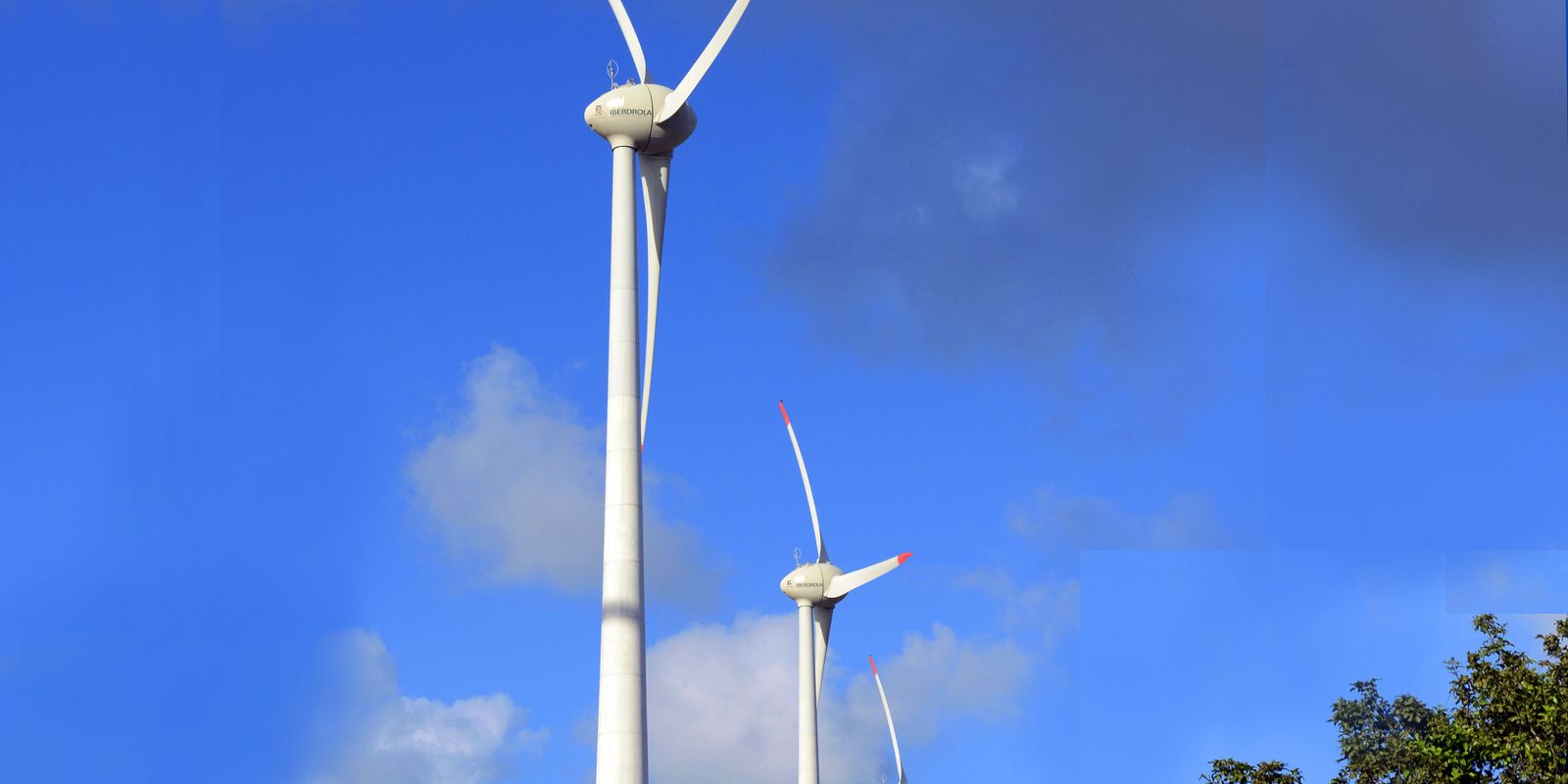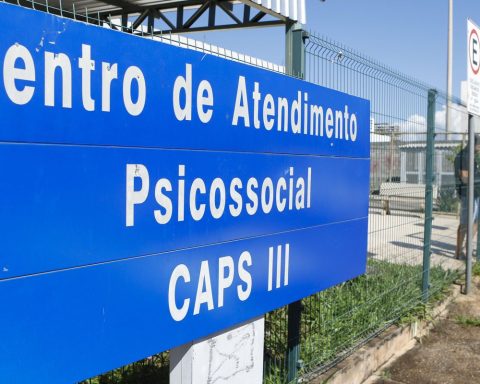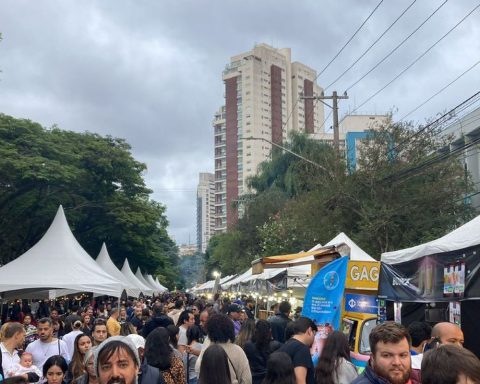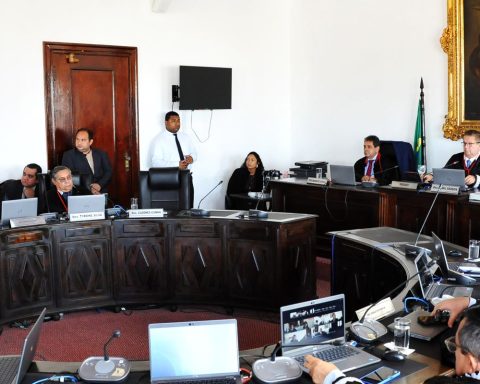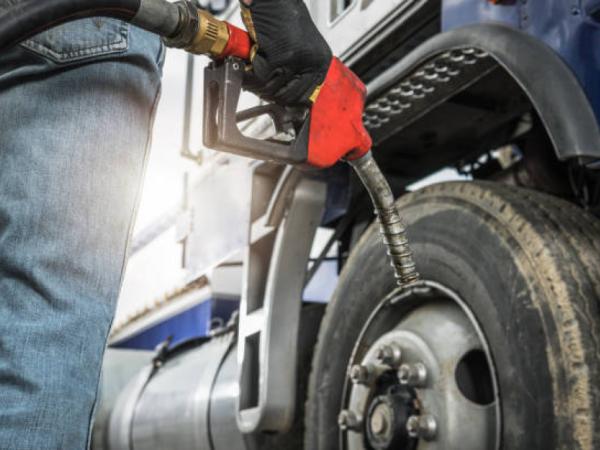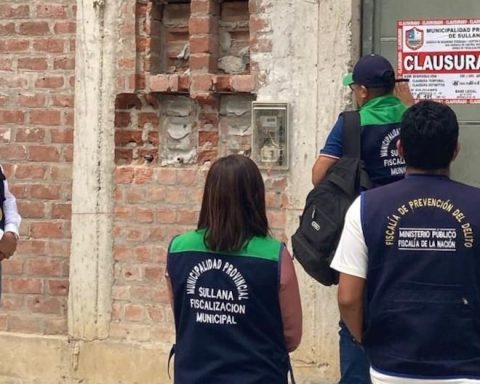Brazil will need to train almost 3,000 technicians and skilled workers each year to expand the production of so-called green hydrogen, a clean fuel considered one of the pillars of the desired energy transition. The estimated professional demand is based on a survey conducted by the National Industrial Training Service (SENAI).
The study interviewed 128 green hydrogen experts and mapped the average workforce need across three occupation levels: medium, low and high. At the medium level, which includes technicians and skilled workers, 2,863 new professionals are needed each year. At the low level, which includes semi-skilled and unskilled workers, 2,248 annually.
At the high level, made up of highly qualified scientists and engineers, the survey does not provide numbers, it only indicates that demand is relatively lower and concentrated in universities and research centers.
The Senai survey was carried out in partnership with the H2Brasil project, which is part of a cooperation between Brazil and Germany for sustainable development.
Interviewees pointed out that specialized technical training is essential for the successful implementation of green hydrogen plants and the energy transition in the country.
Half of the experts interviewed stated that the demand for specialized technical workers will be focused on the installation, maintenance and renewal of systems related to fuel production.
Preparation
Respondents gave a positive assessment of the sector’s progress over the past 18 months, with 48% indicating that the conditions for creating a hydrogen economy are already in place. Another 37% highlighted the importance of pilot plants in hydrogen production, and 35% mentioned the expansion of international cooperation.
To work on training the workforce, Senai created a center of excellence in Rio Grande do Norte and five regional laboratories (Santa Catarina, Paraná, São Paulo, Bahia and Ceará) focused on professional and higher education, in addition to a postgraduate course.
“We will have an initial specialization movement for those with higher education, in areas related to research, technological development and regulation. The second movement will be directed towards the installation and operation of plants, which will require professionals with a technical level”, explains the superintendent of Professional and Higher Education at Senai, Felipe Morgado.
Green hydrogen
Hydrogen is a gas that can be used as fuel without emitting carbon dioxide (CO₂), which causes the greenhouse effect and, consequently, global warming. However, despite being the most common element in nature, it is rarely found in isolation. It is usually associated with other elements, as in the case of water (H₂O).
To separate the chemical elements, energy must be used. When this energy comes from clean sources, such as hydroelectric, wind and solar energy, the resulting hydrogen can be classified as green. However, for this to happen, the entire process of transporting and storing the resulting gas must be carried out using carbon-neutral activities, that is, without emitting CO₂.
One of the most developed means of extracting hydrogen is electrolysis, when the molecule present in water is extracted.
Once Brazil manages to expand its production of green hydrogen, the gas can be used in energy-intensive activities, such as transportation and steelmaking, making these sectors less polluting and contributing to the energy transition.
Brazil Agency explains what green hydrogen is.
Legal framework
As one of the pillars of the much desired low-carbon economy, hydrogen production is treated strategically in Brazil. On August 2, President Luiz Inácio Lula da Silva sanctioned the National Low-Carbon Hydrogen Policyalso known as the sector’s legal framework.
The new legislation established the Brazilian hydrogen certification system and incentive mechanisms to increase the attractiveness of energy production projects.
In early September, the Senate approved a bill (PL) that establishes rules for the Low-Carbon Hydrogen Development Program (PHBC).
The bill aims to provide conditions for developing the domestic market for low-carbon hydrogen through incentives for industrial sectors such as fertilizers, steel, cement, chemicals and petrochemicals. According to the text, the total tax credit that can be granted from 2028 to 2032 is R$18.3 billion.
The program had been vetoed when the bill that defined the regulatory framework was sanctioned. After adjustments made by deputies and senators, the bill was sent to the President of the Republic for analysis on the 11th. President Lula has until October 1st to sanction or veto it.
A study by the National Confederation of Industry (CNI) showed that there are already more than 60 hydrogen projects from renewable sources announced in Brazil, with investments totaling R$188.7 billion.
